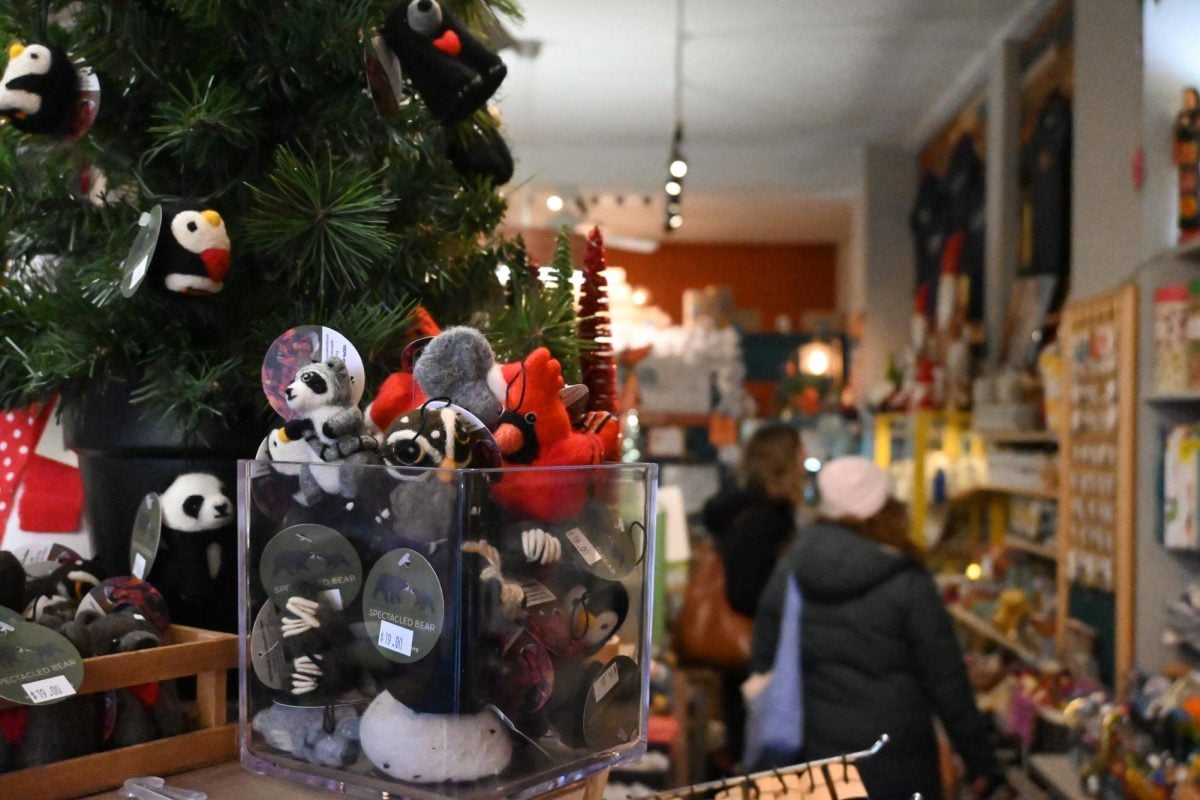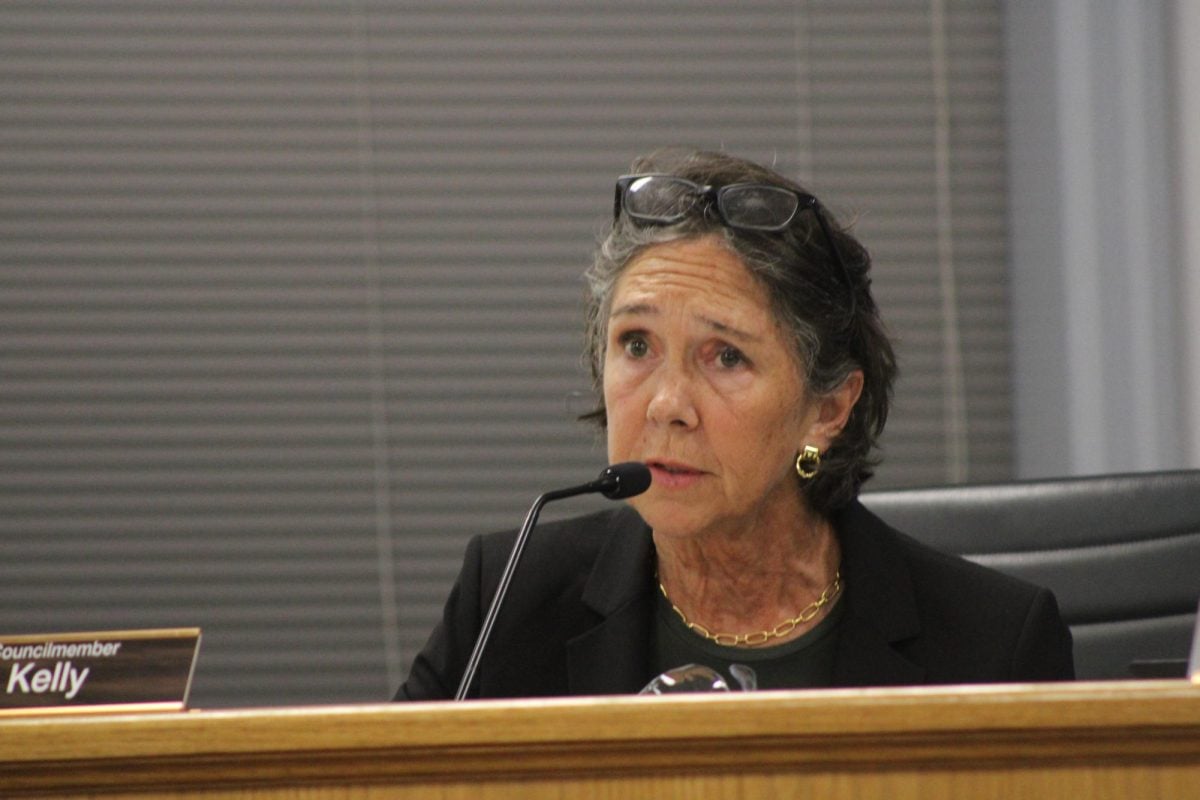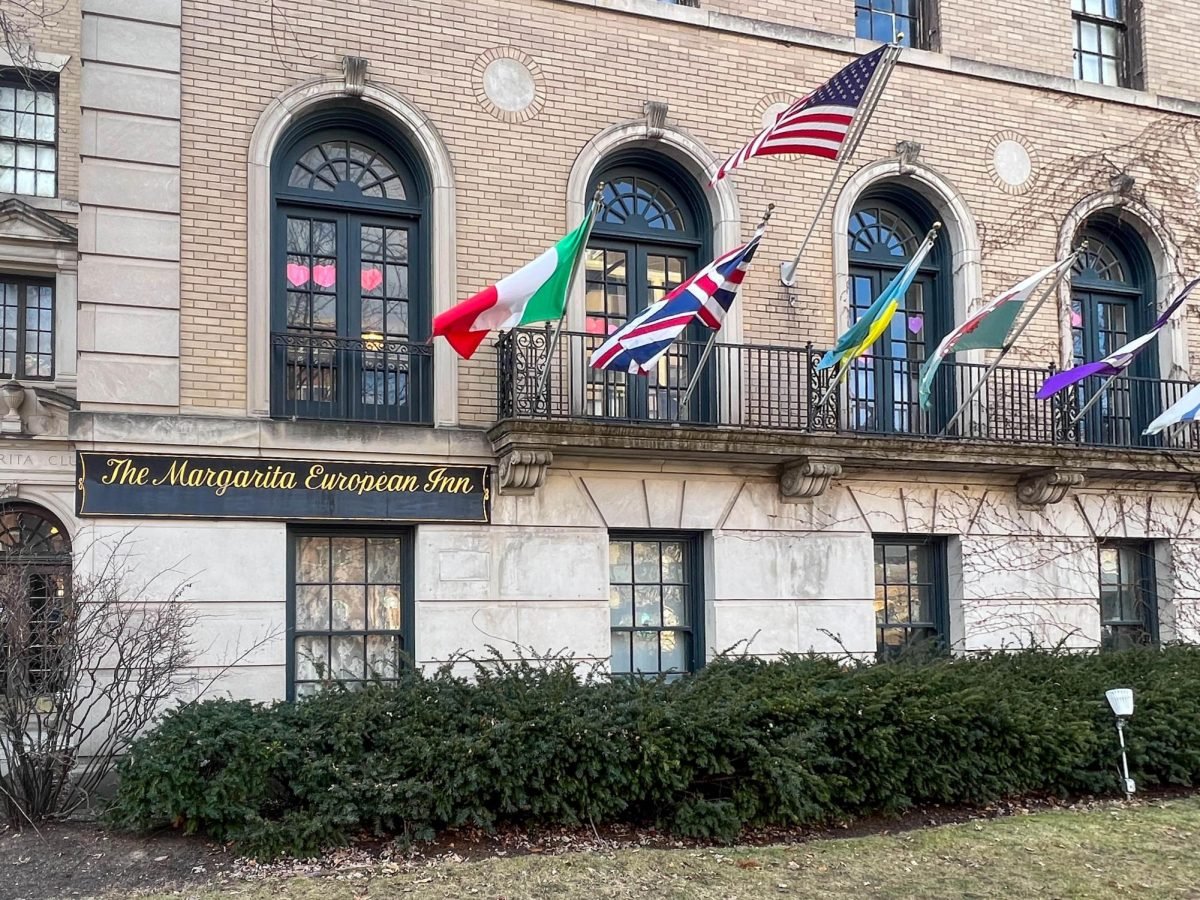An Evanston couple might have to return their adopted child to South Korea after a federal court ruling Monday, according to the Chicago Tribune.
Christopher and Jinshil Duquet adopted the baby girl, Sehwa Kim, in June 2012 from a Korean family. A Korean attorney walked the Duquets through the private adoption, said Jonathan Minkus, an attorney representing the family.
When the Duquets returned to America, immigration authorities notified them that Sehwa did not have the proper paperwork.
“It’s been a terrible, tumultuous odyssey that they’ve had here in the U.S. with the baby,” Minkus said.
According to the U.S. State Department website, South Korea requires the use of an adoption agency for all international adoptions. The South Korean government has alleged the Duquets bypassed adoption laws by not adopting Sehwa through an agency, said Nancy Pender, a spokeswoman for Schiller, DuCanto & Fleck, the Chicago law firm representing the South Korean government.
The Duquets previously adopted their 10-year-old daughter from South Korea shortly after she was born, Minkus said. That adoption was facilitated by an agency.
The lawyer said the Duquets “unwittingly” violated the Korean adoption law.
“There isn’t any question that they tried to follow the rules,” he said.
While the Duquets continue to file for official adoption in Illinois, the Office of Refugee Resettlement will decide whether the baby can remain with the Duquets until the legal proceedings are over. Meanwhile, immigration officials will decide whether the baby should be deported.
Pender said the Korean government is vetting foster families in South Korea to adopt the baby in the event she returns to Korea.
The legal battle is developing just after South Korea tightened its international adoption laws. In early 2012, South Korean government changed its laws to require birth mothers to wait a week before placing babies up for adoption. According to the Bureau of Consular Affairs at the U.S. State Department, 736 children were adopted from South Korea to the U.S. in 2011, the lowest number since 1999, the first year data was available.
Experts say these changes add to South Korea’s already rigid adoption laws.
The country has one of the “most strict” adoption processes in the world, said Irene Jordan, international program director for Adoptions Together, an adoption agency.
“They really are the strictest country in terms of qualifications and procedures,” Jordan said. “I’m just stunned that this family could have done an adoption not going through traditional procedures.”
The State Department also cautioned U.S. citizens in a statement on its website: “U.S. citizens who are considering adoption in South Korea should be aware that the Korean government has expressed its intent to reduce the need for inter-country adoptions by encouraging domestic adoption of Korean orphans.”
David Smolin, a law professor at Samford University in Alabama, said it is important to respect the rules set up by a government regarding adoption procedures, adding that the Duquets had bypassed safeguards instituted by the Korean government. A legal outcome unfavorable to South Korea might cause the government to further tighten its adoption laws, he said.
“If we don’t honor South Korean interests, they might take further steps to protect children from negative repercussions,” he said.












